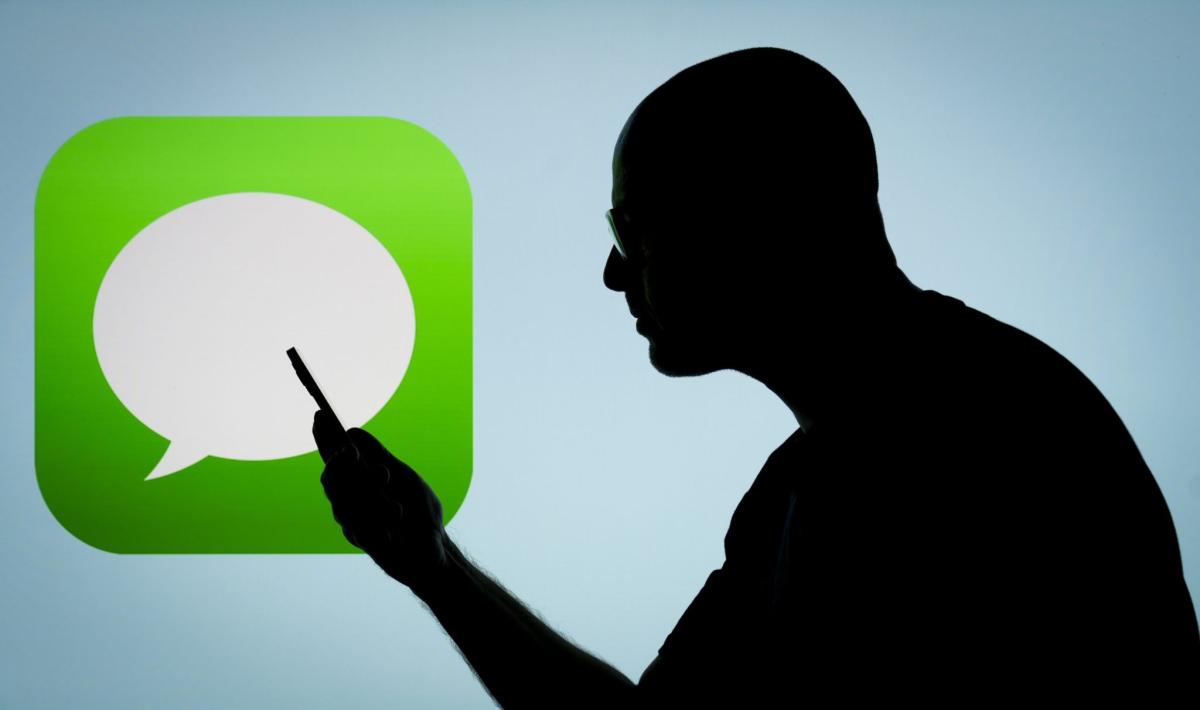- cross-posted to:
- technology@lemmit.online
- cross-posted to:
- technology@lemmit.online
Pressure grows on Apple to open up iMessage::Samsung has joined Google’s campaign to force Apple to make iMessage RCS-compatible—but European regulators are more likely to get that job done.



What you are using on Android isn’t RCS, it’s RCS+Google’s proprietary extension. There is no encryption in the spec, and the original implementation that went through carriers is ignored and it goes through Google. It’s essentially Google’s iMessage and they are trying to find their way into breaking Apple’s market share under false pretense.
I’ve just been reading the RCS Universal Profile Service Definition Document and it does stipulate encryption should be used but it is hardly defined how encryption should be implemented nor does it set an interoperable standard for it. I like RCS even less now.
“Methods for encryption, client verification, user authentication and access authorisation are applied by the client and the network on a per interface and protocol basis.”
So basically RCS is happy for there to be interoperability with regards to encryption, almost forcing interoperable implementations to forgo encryption so that different implementations can communicate.
Signal protocol is far far far better a standard than this lazy “service definition”.
Yea, the standard is great for a decade+ ago when it came out, but I’d never trust it as is over other things like Signal or even iMessage. Google’s RCS implementation is as trustworthy as anything else Google makes. They don’t even support it across all their products last I heard. It’s a joke.
Not to mention, you will get bored of it in two or three years and kill it off.
I know, but isn’t the point that Google Messages is interoperable with other implementations such as T-Mobile’s or Verizon’s?
That may be the point, but it’s not working out that way. The spec is older than iMessage. It failed. Google just took it and made their own implementation. I’m not sure if Google’s RCS works with Verizon’s for example, I’m sure basic things do. AFAIK third party developers can’t implement it in their apps, so you have to have an Android phone to use it. Someone correct me if I’m wrong. The entire thing relies on Google to keep it running.